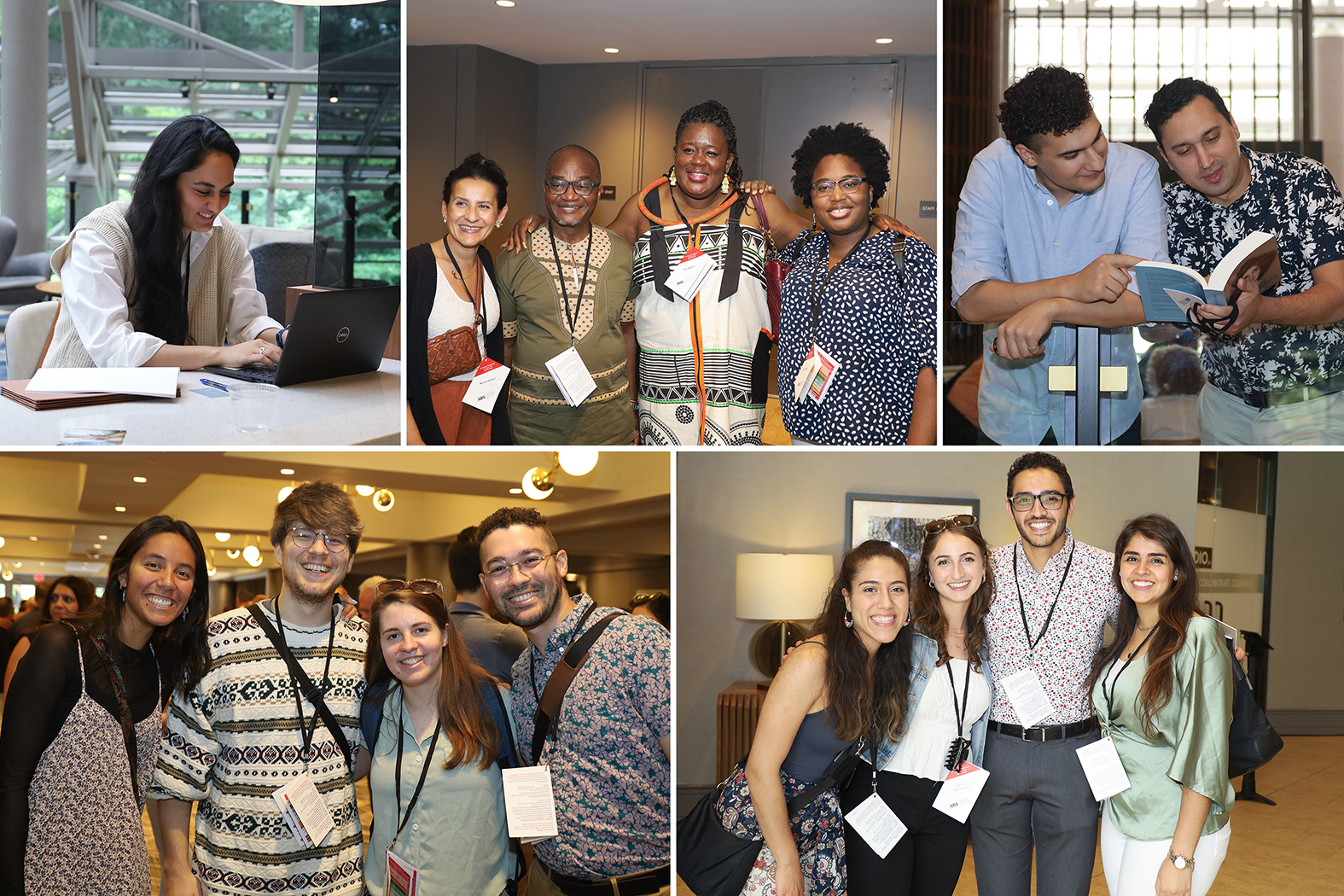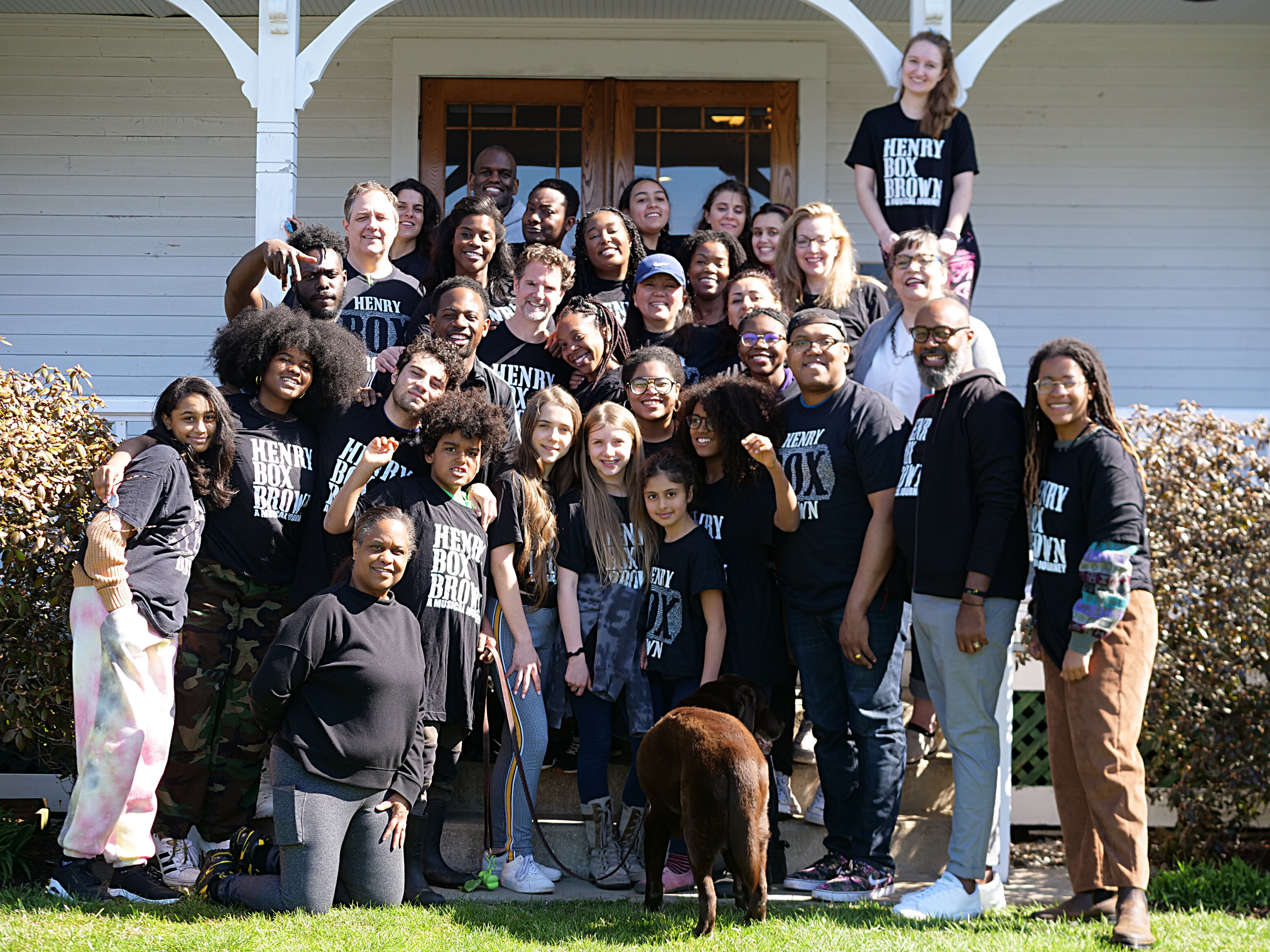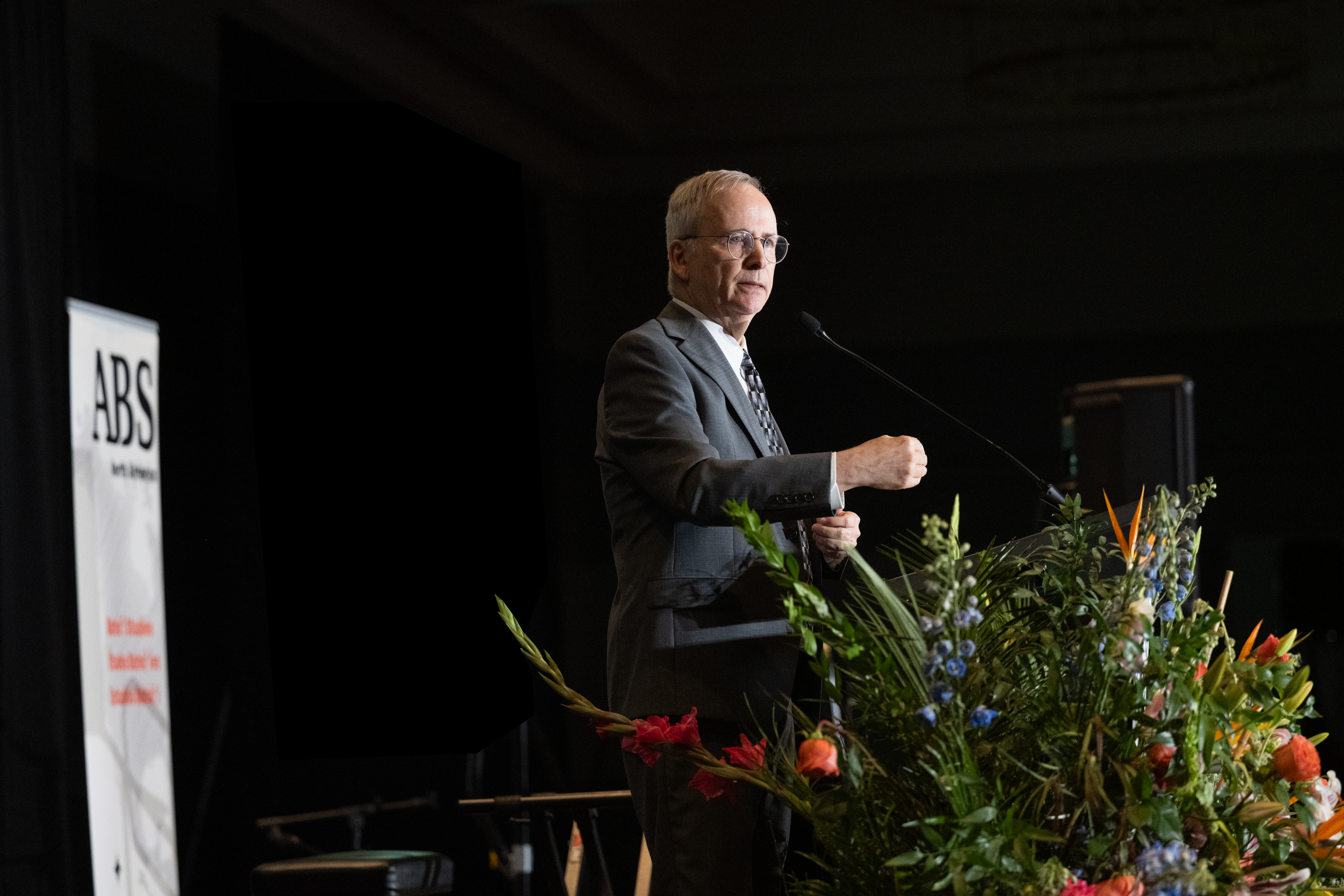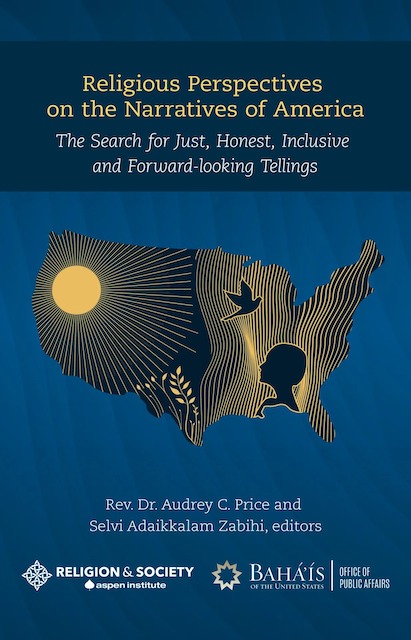
2023 ABS conference: annual event, continuous learning process

Enthusiasm glowed at the 47th conference of the Association for Baha’i Studies—North America (ABS), Aug. 4–6, 2023, in Atlanta. It was the association’s first in-person conference in four years, since before the COVID-19 pandemic, and people all around were renewing connections and making new friends throughout the weekend.
The weekend conference attracted about 1,900 people to the Crowne Plaza Atlanta Perimeter, one of the highest on-site attendance counts since the gathering began to be held annually nearly half a century ago in a variety of U.S. and Canadian cities.
And their eagerness wasn’t just for the sake of the single three-day event. Year-round, the ABS fosters groups of varying sizes that engage in learning together about focused concerns in society. At the conference, people involved in these initiatives had chances to more widely share their efforts to give the Baha’i teachings an increasing presence in the world’s body of knowledge.
For instance, several breakout presentations at the past few conferences were planned by reading groups of varying sizes, sharing the insights they have collectively developed by examining published books or articles in areas where they have training or interest, and examining their principles in light of Baha’i teachings and their own experiences. At the 2023 conference, reading groups offered about two-fifths of the breakouts, exploring reinvention of organizations, reimagining of diplomacy, Baha’i views of chaos theory and complexity theory, and more.
Lessons learned from these and other groups are being monitored by the ABS’ Committee on Collaborative Initiatives. As Derik Smith, member of the ABS Executive Committee, said at a plenary session, “We think of all of you as potential collaborators.”
How is that collaboration going to keep developing? This 2023 conference came 10 years after a July 24, 2013, letter from the Universal House of Justice to the National Spiritual Assembly of the Baha’is of Canada, which sponsors the ABS. That major letter outlines a vision for development of Baha’i scholarship, one that creates room for a widening range of people to contribute to creating knowledge that helps build a just and peaceful world.
Working groups and reading groups were among the first outgrowths of the ABS’ action in response to that letter. Groups associated with health, technology, physical and social sciences, business, education, sustainability, media and other professional and academic fields were introduced to the 2014 conference, and many have held seminars at various times of year. An array of 10 seminars was offered on the first day of the Atlanta gathering.
Looking back on that decade of experience, the association has formulated a set of six learning objectives. Smith outlined those objectives at the 2023 conference, summarized here:
- Multiplying the number of settings and processes where participants can collaborate, generate collective insights, and share learning. The annual conference itself is such a setting, and smaller-scale conferences are a possibility in future years. In addition to the working-group seminars, examples of these spaces include monthly ABS workshops on engaging in professional or academic discourses, as well as reading groups and writing groups — which often emerge from those workshops or are strengthened by them.
- Enabling growing numbers of diverse people to take part in discourses that influence spiritual and material progress in society by, in the House of Justice’s words, “transcending differences, harmonizing perspectives, and promoting the use of consultation.” The 2018 ABS conference, also held in Atlanta, represented a significant step in welcoming African American participants and presenters from the United States. Indigenous voices, especially from Canada, have been prominent in many of the association’s programs for a number of years. Reading and writing groups are foreseen as additional ways to widen participation in the process of generating knowledge.
- Developing an outward-looking culture in the association’s discussion spaces, so that its participants increasingly see themselves as building collaborative learning processes with scholars and professionals in wider society, Some working groups and reading groups have reached out beyond the enrolled Baha’i community for participants, and the association is exploring further ways to collaborate.
- Helping university students, recent graduates and other young people view participating in professional and academic discourses as a core dimension of their service alongside community building, social action, the training institute and the programs of the Institute for Studies in Global Prosperity. A glimmering of this movement was seen in the large number of young participants, especially in attendance and also assisting in a number of presentations.
- Assisting a growing number of authors to publish articles and books that contribute to high-quality literature that fosters the intellectual life of the Bahá’í community. A few writing groups have formed, often in concert with the reading and working groups, and are assembling essays and papers for publication in the Journal of Baha’i Studies and elsewhere.
- Drawing on the arts as a means of disseminating knowledge and consolidating understanding. This objective not only involves integrating the arts more effectively into ABS spaces and events, but also learning from artists about how artistic effort can advance discourse. Fitting solidly with these aims was a panel discussion at the 2023 conference about a production of the play The Bus Stop and how it conveys the U.S. prison system’s impact on entire families and communities, especially among African Americans.
The association looks to keep sharing the learning from its activity. A 10-year retrospective document, which among other things enlarges on these objects of learning and envisions future possibilities, is to be published in an upcoming issue of the Journal of Baha’i Studies. And the knowledge generated through collective initiatives such as working, reading and writing groups “will be shared at future conferences as well as within a growing number of seminars on a range of themes,” says committee member Todd Smith.





